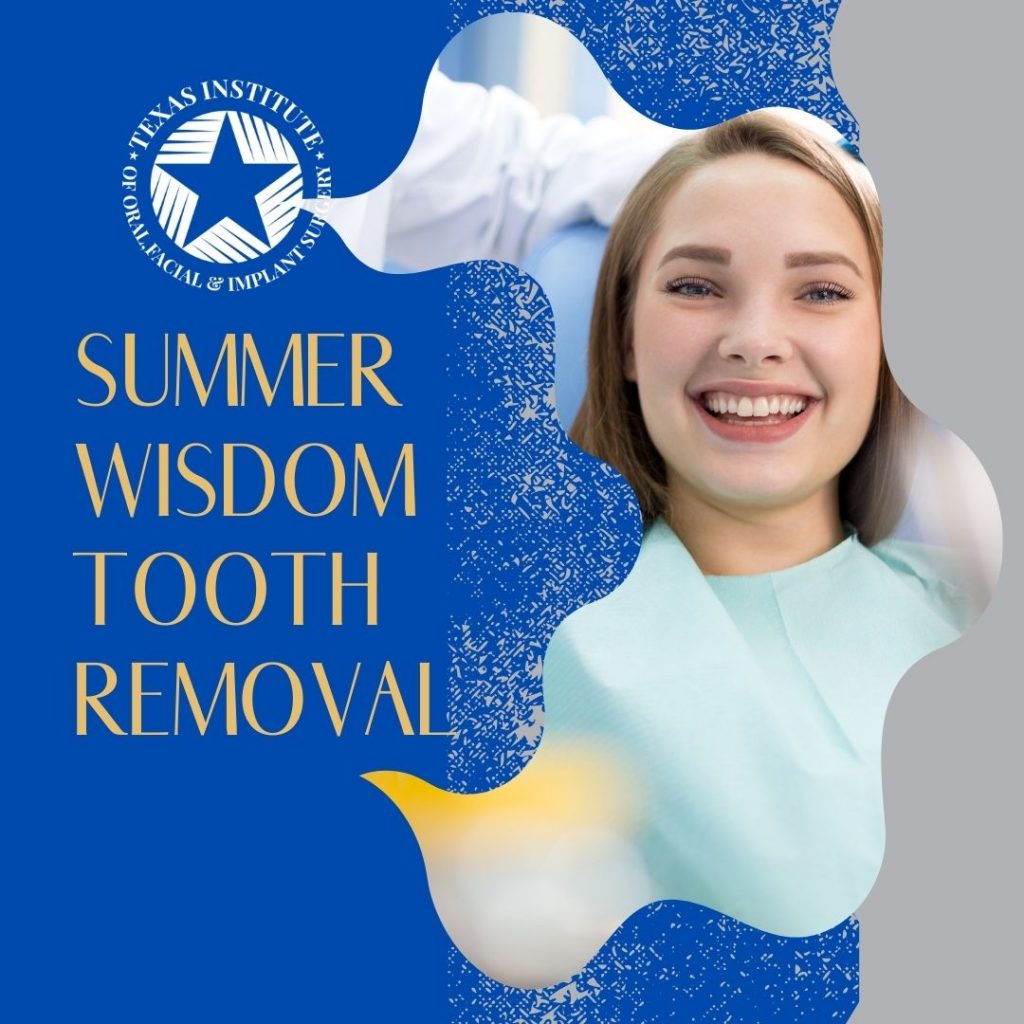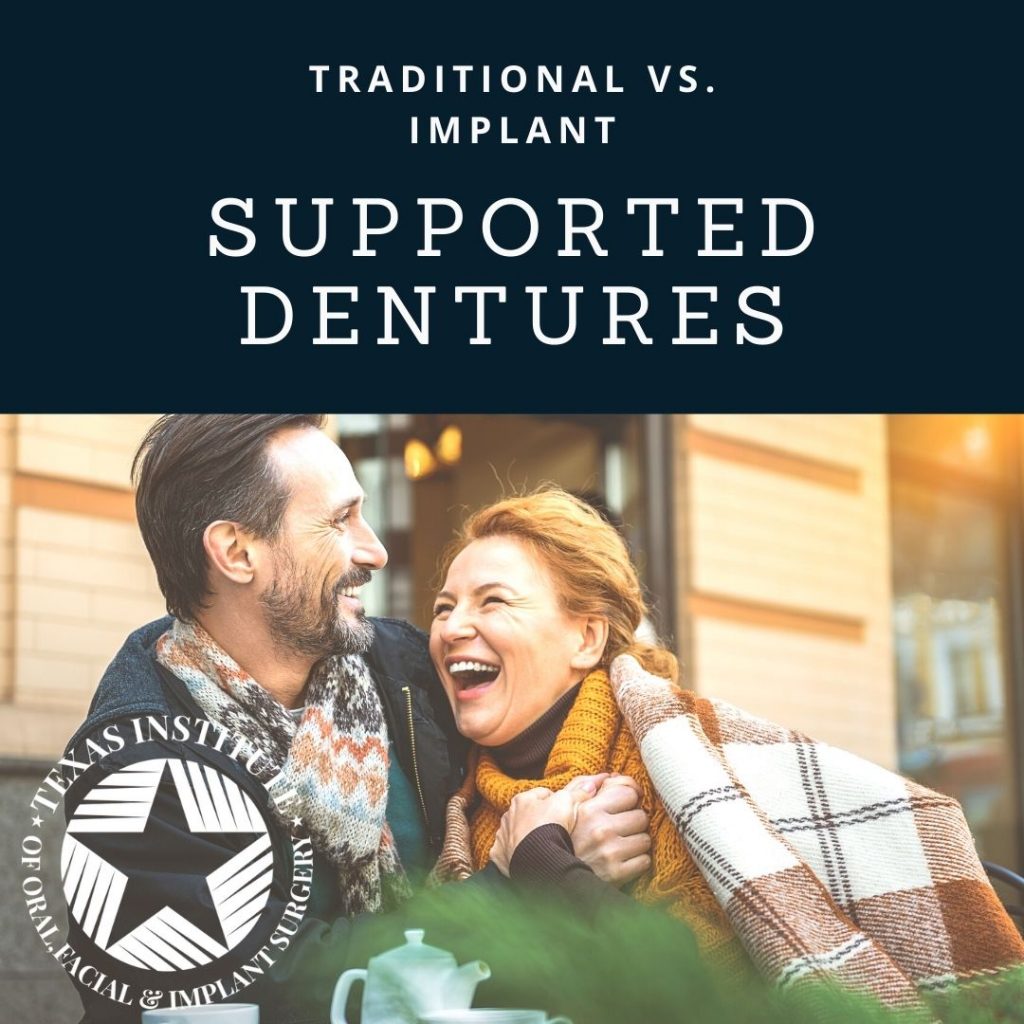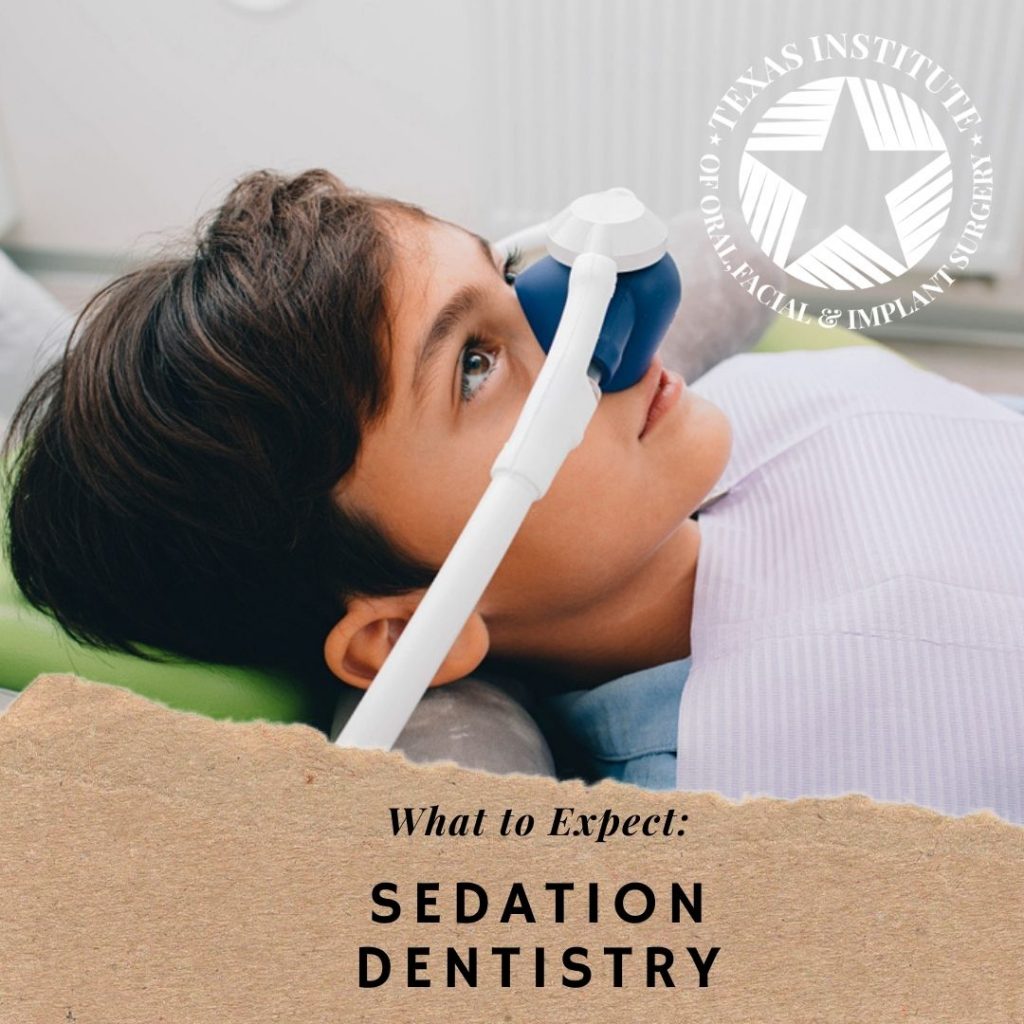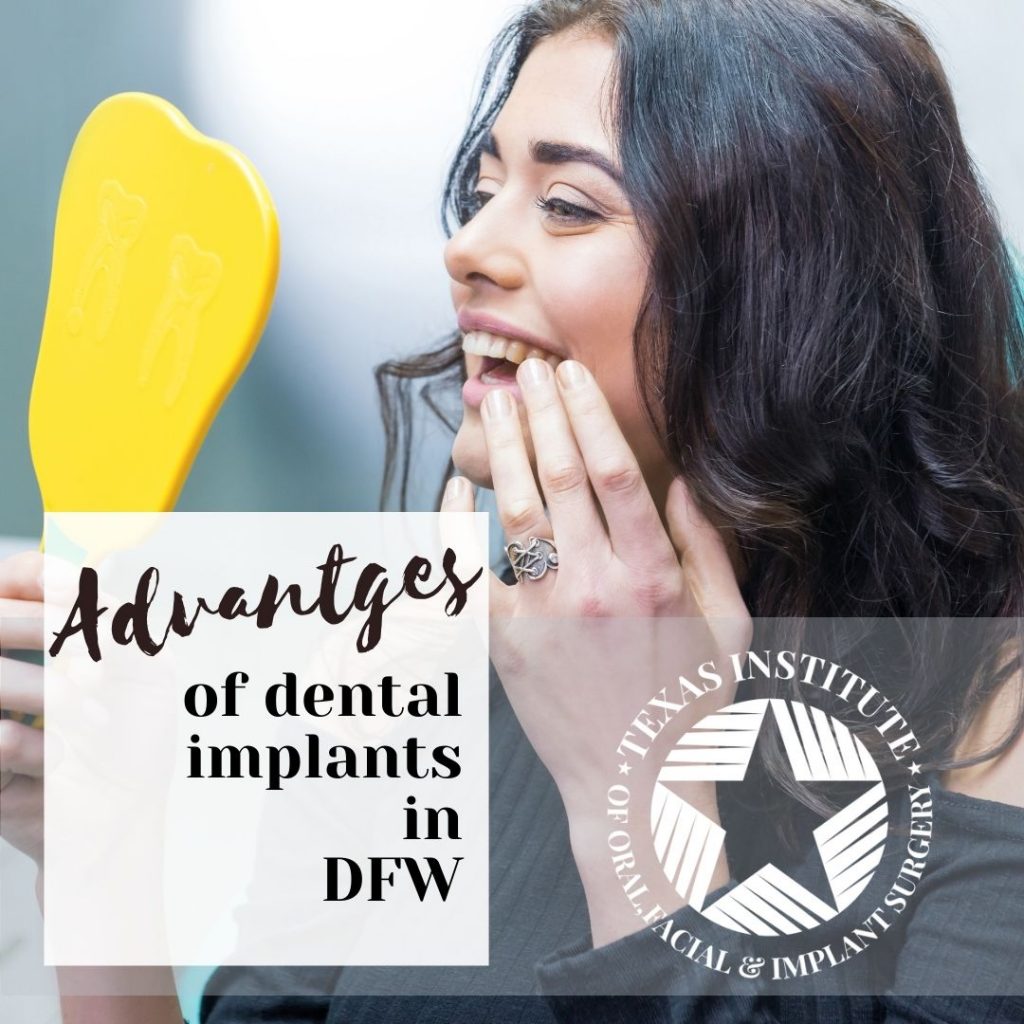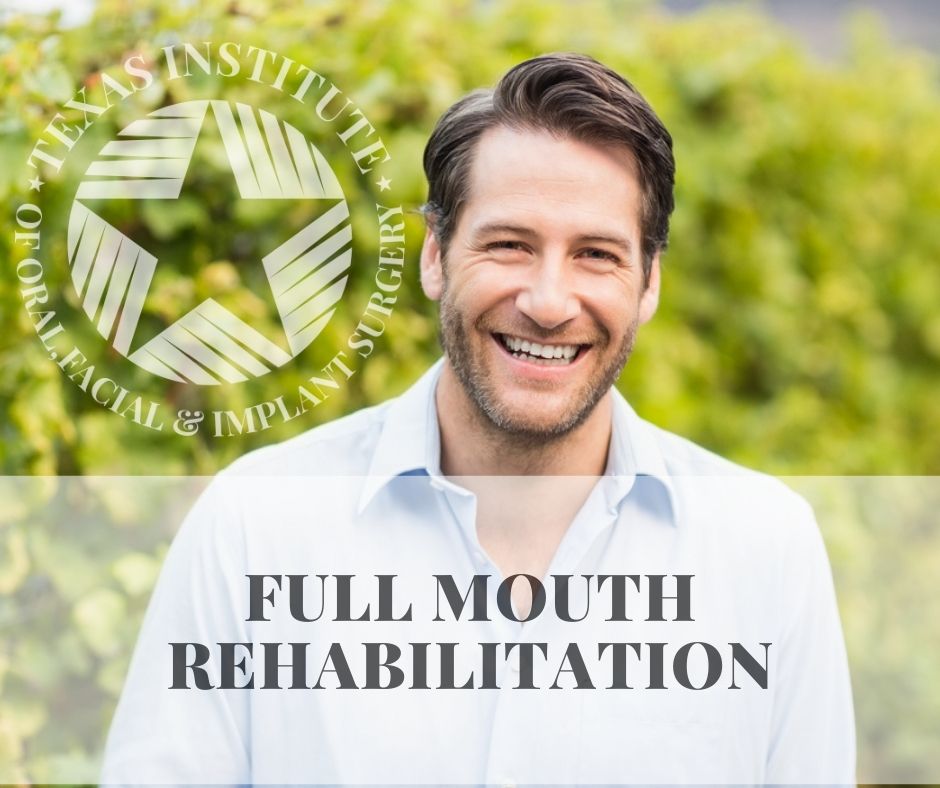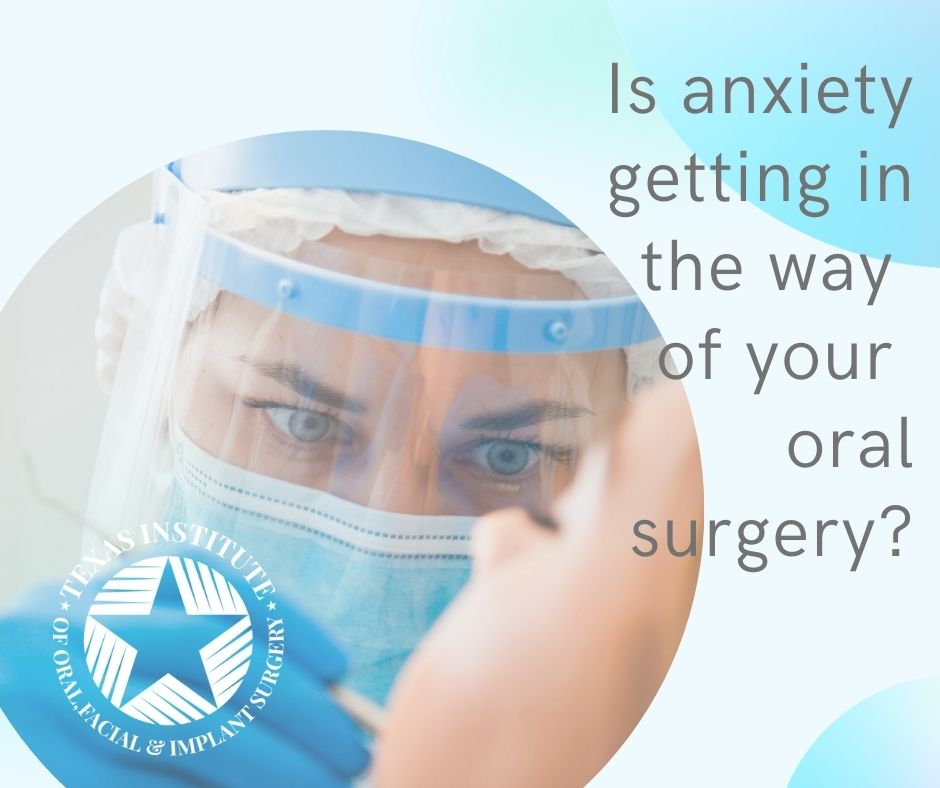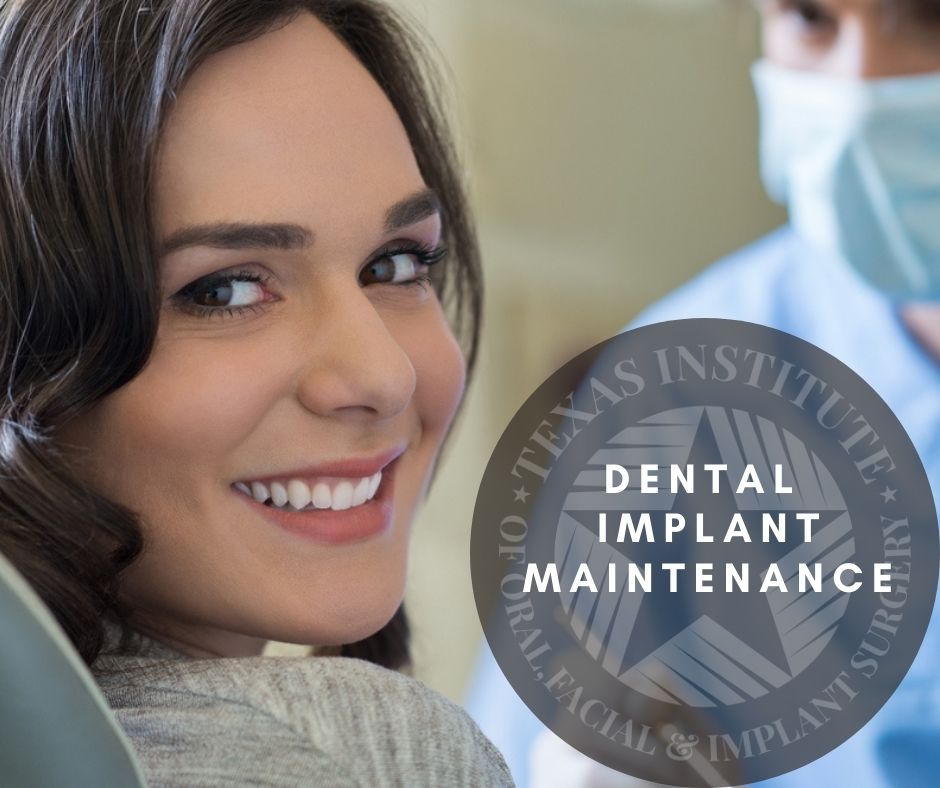Wisdom teeth typically start to erupt sometime during high school. Depending on the person, the symptoms can come and go or range from mild to chronic.
At Texas Institute of Oral, Facial & Implant Surgery, we see several common symptoms of impacted and infected wisdom teeth. Here are some of the more frequent “red flags” to be on the lookout for:
Pain — Wisdom tooth pain tends to ebb and flow as the third molars develop. Some days there may be a dull ache, while others require medication to numb the pain.
Swelling — Inflammation is usually because of an infection or pressure in the immediate space surrounding the wisdom tooth. It’s also the most common cause of pain.
Limited Opening — Swelling, infection, and discomfort from wisdom teeth can impact the day-to-day range of motion while you’re trying to eat or talk.
Cavities — Difficult-to-reach wisdom teeth are at a higher risk of cavities. When they decay, the cavity can also spread into the healthy adjacent tooth. It’s typically not the standard of care to treat cavities in wisdom teeth; an extraction is usually recommended.
Gum Disease — Partially-erupted wisdom teeth often have small flaps of tissue or pockets around them, which can harbor periodontal infections.
Crowded Teeth — The pressure caused by erupting wisdom teeth can push on the teeth next to them, creating a chain reaction of tooth movement throughout your smile. Crowding can be a big concern if you or your child already completed orthodontic therapy.
Wisdom Tooth Treatments
Texas Institute of Oral, Facial & Implant Surgery offers safe, comfortable wisdom tooth extractions for families in Ellis, Dallas, Tarrant, and Hill Counties. If you or your teen are experiencing wisdom tooth complications, contact us today to reserve an oral surgery consultation. We’ll be happy to answer any questions that you may have!




